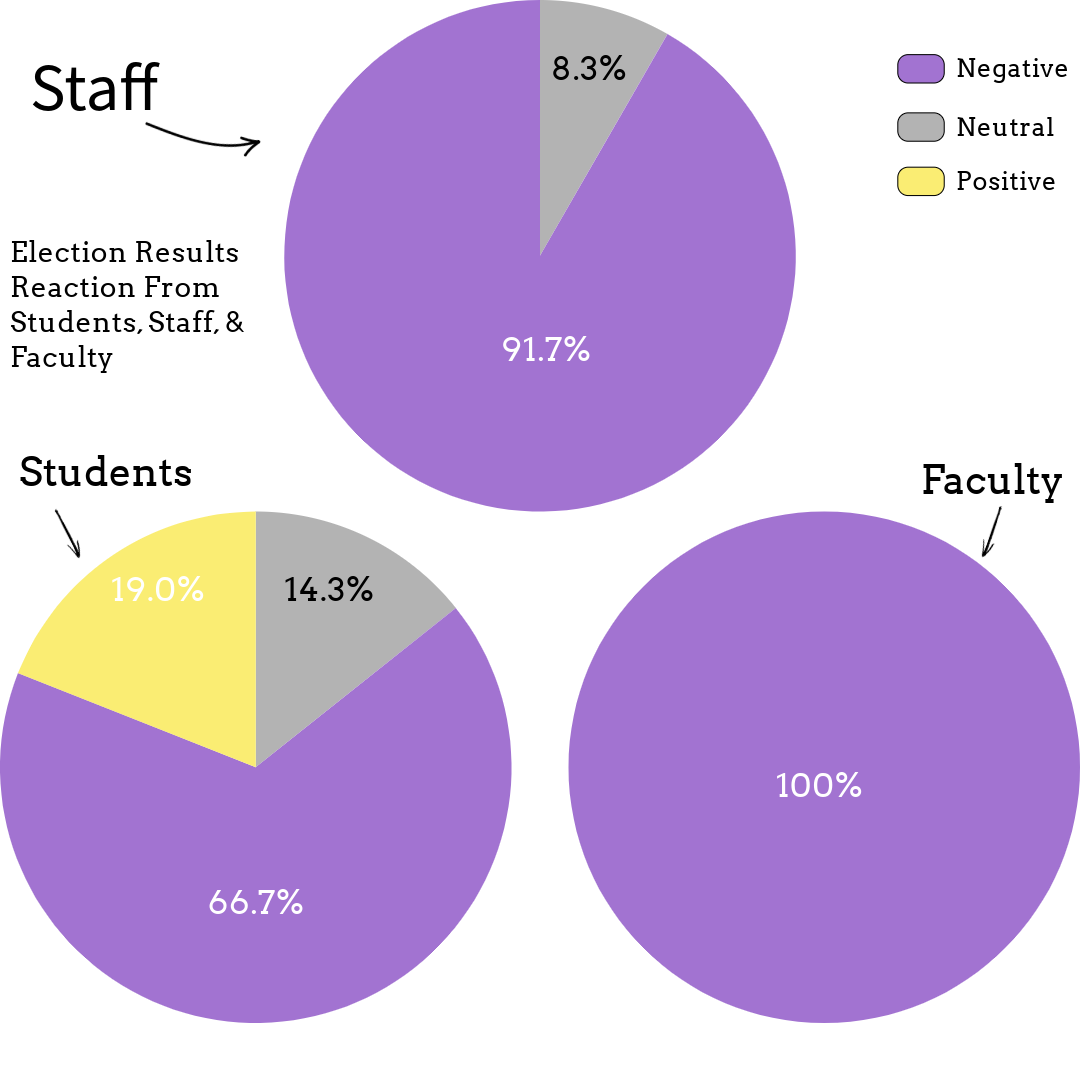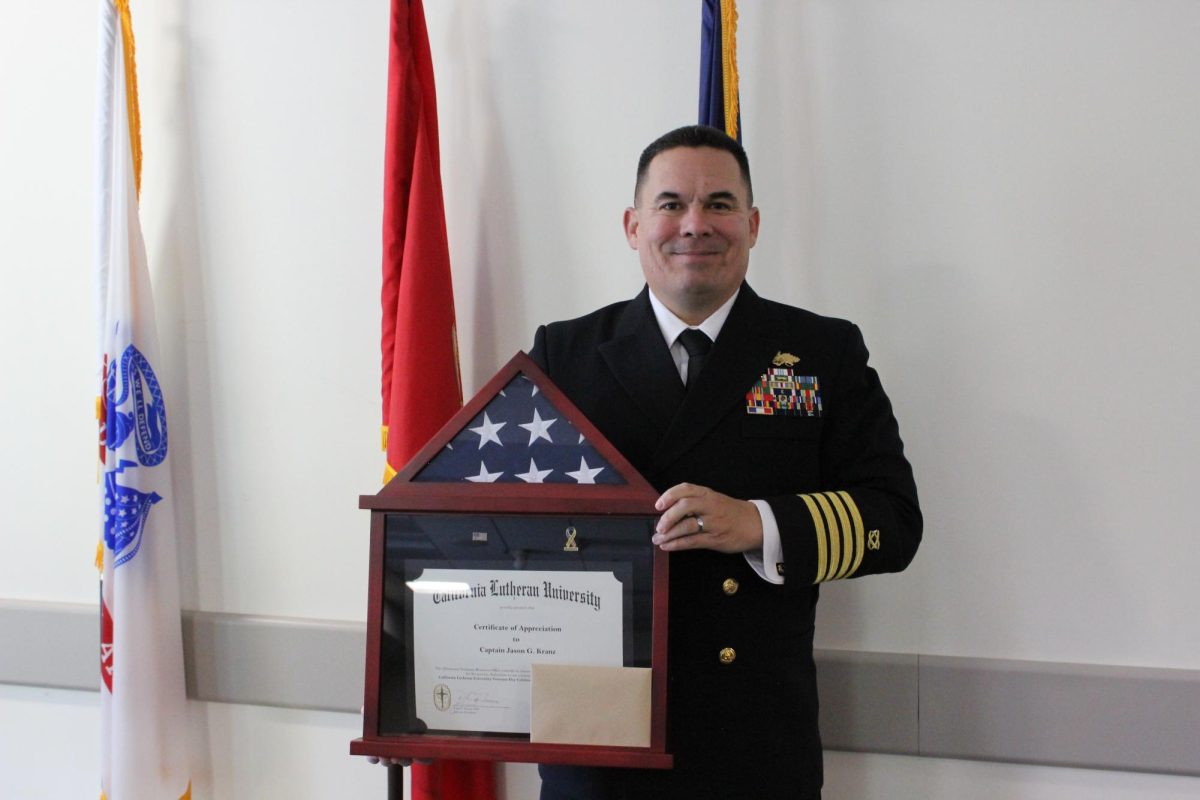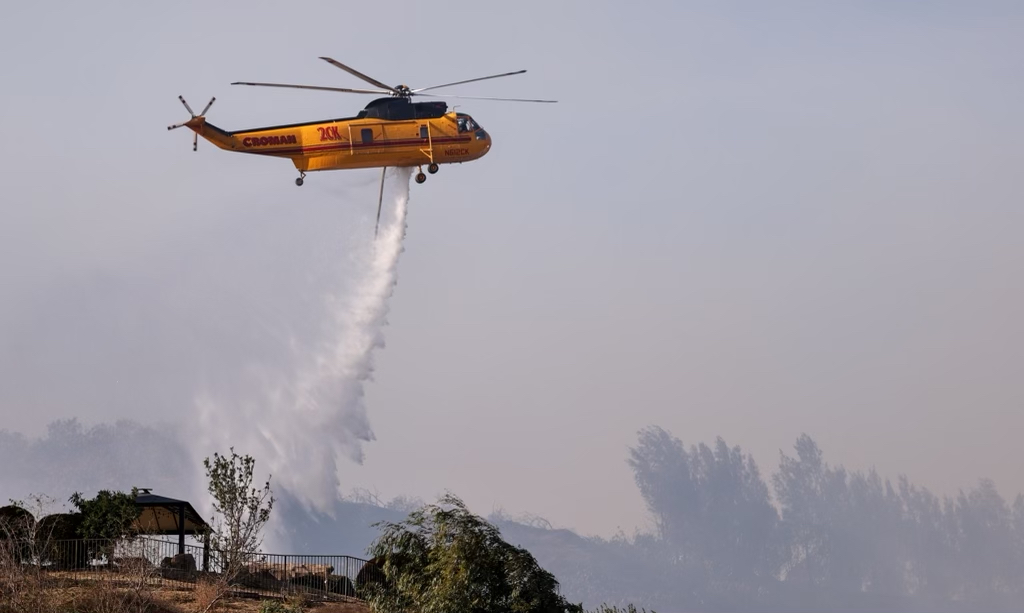Everyone has a different approach when it comes to the way they receive news. Some like to read newspapers or watch newscasts, while others find out about worldly events through social media networks including Twitter, Facebook and Instagram.
On March 25, the hashtag, “#savekessab” started trending on Twitter, Facebook and Instagram. Because most didn’t know where or what “Kessab” was, they scrolled past the posts without a second glance.
According to the Los Angeles Times, “thousands of Syrian rebels, many of them with Islamist radical groups, including some linked to Al Qaeda, surged across the Turkish-Syrian border on March 21 and seized a swath of mountainous territory in northwestern Syria’s Latakia province, including Kessab.”
Francois Zdanowicz, global studies and political science professor, provided more insight into the events that occurred toward the end of March in an email interview.
“Many Armenian politicians… [accuse] the Turkish government of helping al-Nusra to get rid of a Syrian Armenian population that could for instance lay claims over land confiscated by the Turks after the 1915 Genocide, across the border. Right now, there is no evidence showing that the Turkish government is opening trying to expel or kill the Syrian Armenians,” Zdanowicz wrote.
Freshman political science major Jonathan Mills has an idea of what is going on in Syria, but has not heard exact details.
“I know that there are two different sides. One is the government and the other is the people. I kind of just know about the rough outline of what is going on, but not exactly who is where at this very moment,” Mills said.
Mills’ response is similar to that of many students on campus. Most are unaware of what exactly is going on in Kessab because it has not received as much publicity as other current world events.
Junior biochemistry major Courtney Ambrosius believes that news related to events in pop culture get a lot more attention from students because they are not as controversial or hard hitting as world news.
“I feel like world events do not get as much attention when it comes to students because of how controversial they are. It’s not that students don’t care, but more that they might not be fully educated enough to support their political position,” Ambrosius said. “Pop culture is not as controversial, therefore people do not necessarily have to expose themselves ethically in their reasoning for what they believe is right or wrong.”
Mills believes that the best approach to educating people on the topic is for students who are knowledgeable to spread the word among their peers.
“It’s honestly something as simple as just telling your friends and being truly passionate about it. If I’m really passionate about a cause, I will approach my friends and say ‘Yo, can you tell other people?’ so that they can pass it on,” Mills said.
Senior political science major Melissa Moreno believes that a more global campaign is the way to educate young people on current events.
“The only way to educate the global youth is to get a global consciousness going. Kony 2012 did a good job of making kids aware of a problem, but it didn’t hold much traction after,” Moreno said. “The best way is to get the global information and find a way to get it through to the youth through the bombardment of pop culture and advertisement images they see on a daily basis.”
With celebrities such as Cher, Kim Kardashian,Travis Barker and Shavo Odadjian tweeting about the events in Syria, the #savekessab campaign is beginning to gain support. With over 16,000 “likes” on Facebook, trending topics on Twitter and posts making it to the popular page on Instagram, people around the world are coming together to support the cause.
To find out more about the #savekessab campaign, visit https://www.facebook.com/ArmenianGenocideKessab.
Natalie Kalamdaryan
Staff Writer
Published April 9, 2014






